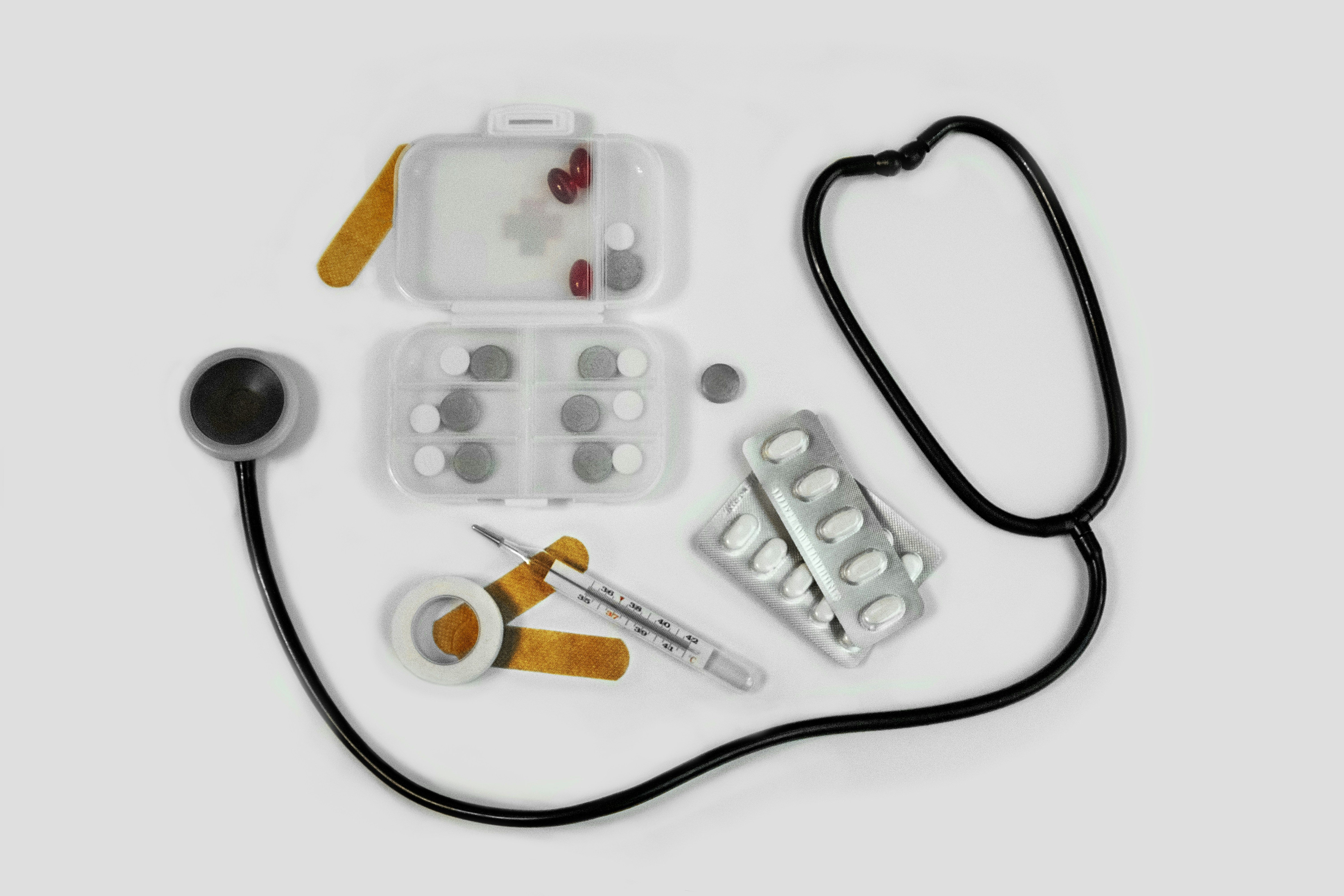Access to quality healthcare should be seamless, like hailing a ride or ordering pizza. Unfortunately, the traditional healthcare system often leaves us navigating labyrinthine appointment schedules, long wait times, and many other factors that get in the way of urgent medical care.
What if there was a new way of tackling healthcare challenges, a way to provide 24-hour telehealth services to your fingertips? Enter the future of healthcare with a 24-hour telemedicine platform that's revolutionizing how we think about medical care. At 24hr Doc, we're committed to making healthcare not only accessible but also convenient, efficient, and tailored to your needs.
The Rise of 24-Hour Telehealth
The development of telehealthcare services has been significant in the healthcare industry, bringing about transformative changes in how patients access medical care. Several factors have driven this expansion, and it has numerous benefits, making it a crucial part of the future of healthcare.
Accessibility and Convenience
One of the primary drivers behind the rise of online telehealth services is the increased accessibility and convenience it offers. Patients no longer have to wait for regular business hours to receive quality medical attention. They have 24/7 access to doctors at any time. This is especially valuable in emergencies, for individuals with busy schedules, and for holidays.
Overcoming Geographical Barriers
Telehealth eliminates geographical barriers, making healthcare accessible to individuals living in remote or underserved areas. Patients can use telehealth for first aid in critical situations, which is particularly important in areas where ambulances take longer to reach. Healthcare can now be provided to everyone without stepping into a healthcare facility.
Technological Advancements
Technology advancements have played a pivotal role in the rise of 24-hour telehealth. High-speed internet, smart devices, and computers have made connecting remotely easier for patients and healthcare providers. AI and data analytics also enhance diagnostics and treatment recommendations in real-time.
Enhanced Patient Engagement
Telehealth encourages greater patient engagement in healthcare management. Patients can actively participate in their care, access medical records and information, and communicate with their doctors more efficiently. This can lead to improved health outcomes and patient satisfaction.
Regulatory Support
Ever since the COVID-19 pandemic, the government and regulatory bodies have begun to understand the need for telehealth services worldwide. This prompted many changes to regulations to facilitate the accelerated adoption of telemedicine.
Exploring the Technological Innovation in Telehealth
Technological innovations in telehealth have significantly transformed the healthcare industry, enhancing the delivery of medical services and improving patient outcomes. These innovations leverage cutting-edge technologies to make healthcare more accessible, efficient, and patient-centered.
To provide patients with the best care, telehealth uses the following technologies.
Video Conferencing and Telecommunication Tools
High-quality video conferencing platforms have become the backbone of telehealth services. These platforms allow for real-time, face-to-face interactions between patients and healthcare providers, enabling thorough assessments and consultations. They offer secure and encrypted connections to protect patient data.
Mobile Health Apps
Mobile health applications have gained popularity as they empower patients to access healthcare services from the convenience of their smartphones or tablets. These apps enable video consultations, medication reminders, symptom tracking, and Access to medical records. They are beneficial for managing chronic conditions.
Artificial Intelligence and Machine Learning
AI and machine learning algorithms are integrated into telehealth platforms to enhance diagnostics, predictive analytics, and treatment recommendations. These technologies can analyze large datasets and detect patterns or anomalies in patient health, aiding in early disease detection and personalized treatment plans.
Embracing the Future of Healthcare with Telehealth
The future of healthcare with telehealth is poised to be transformative, offering numerous benefits and innovations that will shape how healthcare is delivered and accessed. As technology advances, telehealth will seamlessly integrate into our daily lives, allowing patients to access medical care conveniently.
The technologies telehealth providers use will empower doctors and patients to actively participate in their health management. Additionally, telehealth will bridge geographical gaps, providing healthcare access to underserved and remote populations, thereby bringing better health outcomes on a global scale.
Conclusion
In this evolving landscape, healthcare providers will adapt their practices to prioritize telehealth services, offering in-person and virtual care options. Regulatory changes will continue to support telehealth expansion, ensuring equitable Access for all.
The future of telehealth envisions a healthcare ecosystem that revolves around patient’s needs, offering timely and effective care while embracing the convenience of digital technology.




